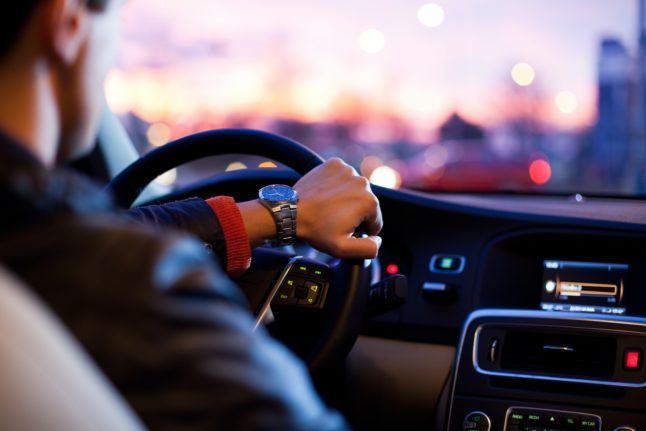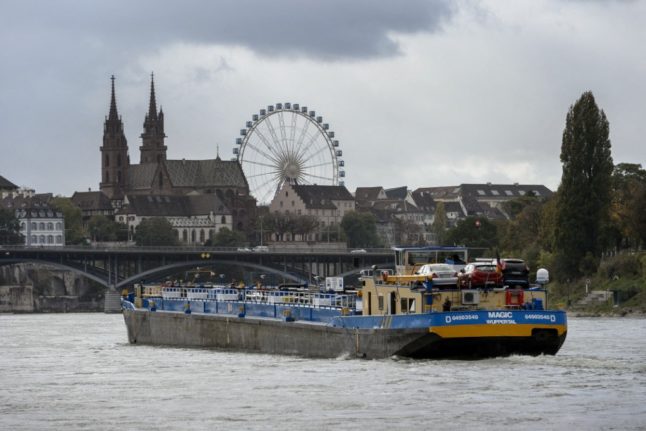The number of drink-driving accidents in Switzerland has reached a record level and the number of times driving licences are confiscated due to alcohol related driving offences has also reached a new high.
The number of road accidents in which alcohol was the chief cause rose by 19 percent in Switzerland in 2022 compared to the previous year, according to figures from Touring Club Suisse (TCS).
In all there were 4,558 incidents linked to drink-driving in 2022 compared to 3,815 in 2021.
Some 10 percent of these accidents, around 430, resulted in car passengers or the drivers either being left severely injured or killed.
The figures will worry authorities because they show the number of incidents having steadily risen since 2016 – if the two years during the Covid pandemic (2020, 2021) are ignored.
For the past six years, the French-speaking canton of Geneva has been holding on tight to its dubious record as the place in Switzerland for most car accidents caused by drink driving.
On average there 1.04 serious alcohol-fuelled accidents per 10,000 inhabitants occur in Geneva yearly.
The second is Schaffhausen with 0.95 serious accidents per 10,000 inhabitants, followed by Nidwalden (0.91), Ticino (0.80), and Obwalden (0.78).
In Schaffhausen, the proportion has almost quadrupled compared to 2021 (0.24); and in Ticino, the number of serious accidents also increased significantly compared to the previous year (0.51).
But it was the canton of Vaud which saw the most deadly accidents caused by drink-driving with six people killed in 2022. Across the whole country there were 25 fatalities caused by drink driving.
Only the Swiss cantons of Jura, Zug, Zurich and Uri saw the number of serious accidents linked to alcohol decline.
Swiss police have been active in trying to tackle drink driving.
In 2022 some 13,043 drivers had their licence confiscated for the offence, compared to 1,591 the previous year.
With Christmas approaching the TCS are warnign drivers about the dangers of getting behind the wheel even after drinking a little alcohol. The ability to reactions and pay attention when driving are hampered even after a couple of glasses.



 Please whitelist us to continue reading.
Please whitelist us to continue reading.
Member comments